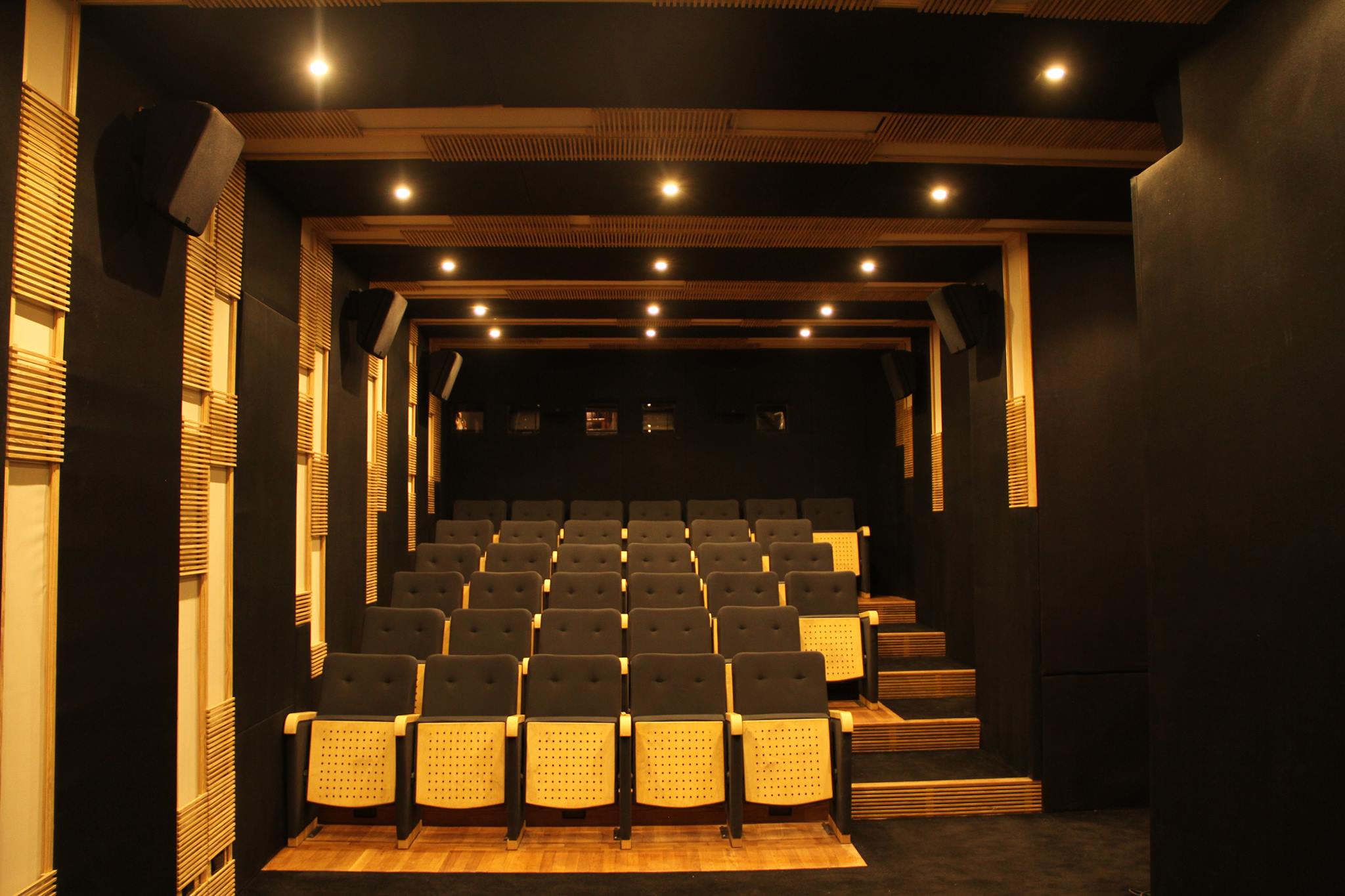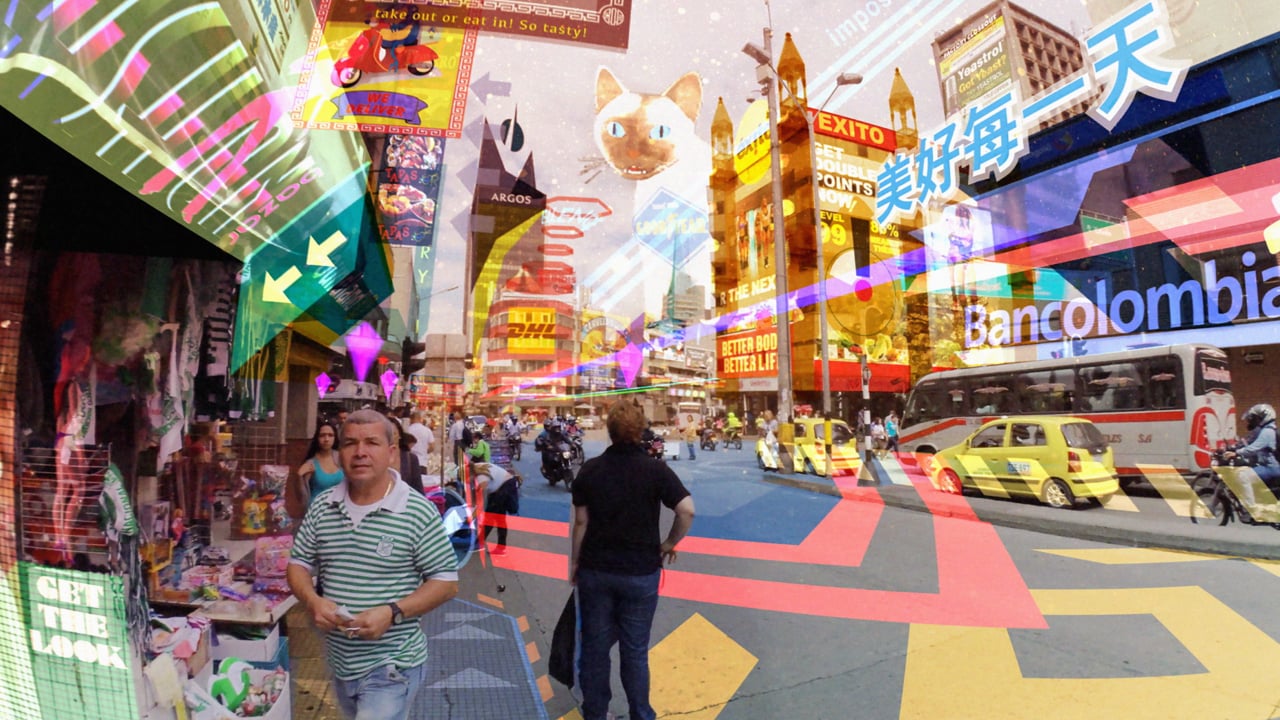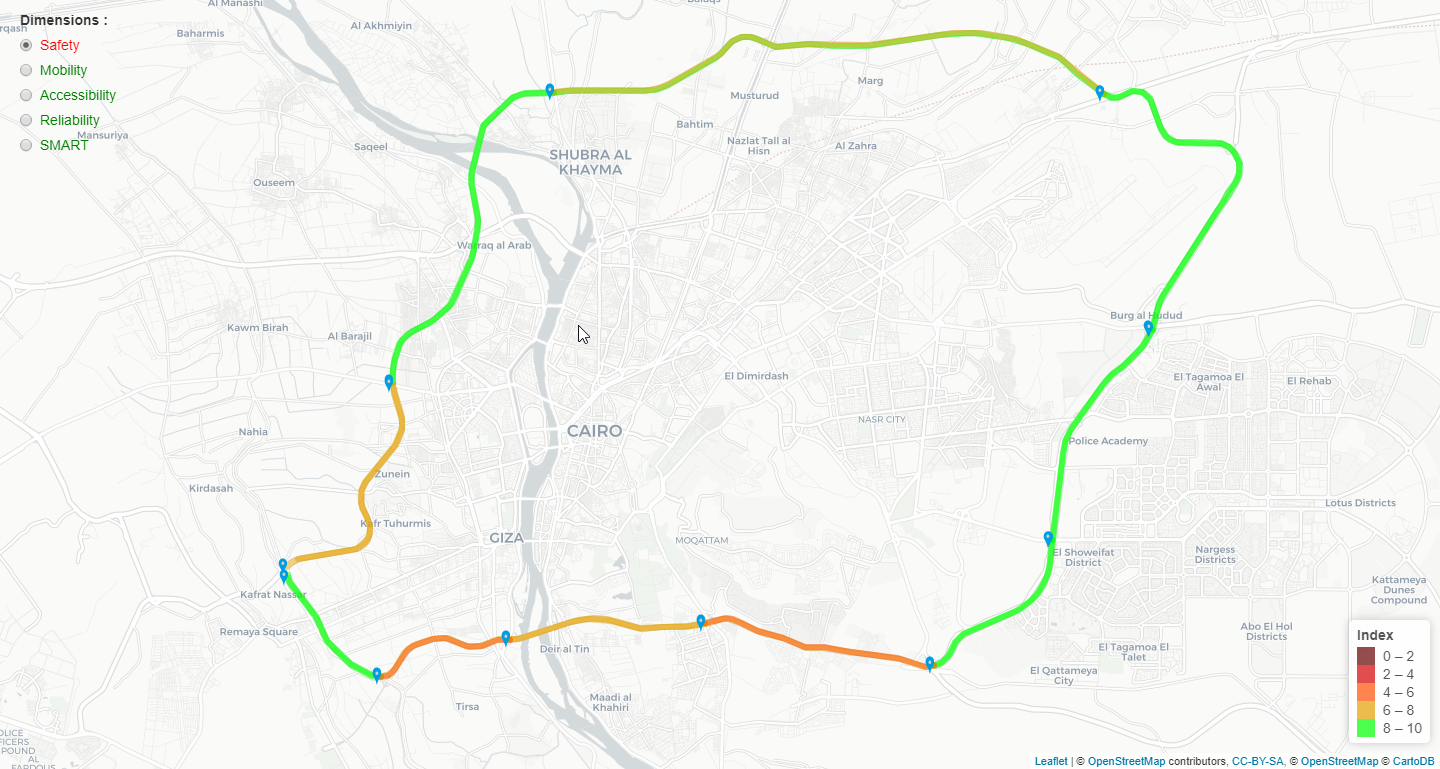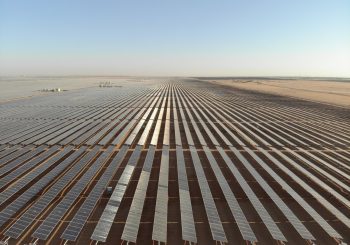In this hyper-mediated era and data-controlled society, a world in which our every online move and interaction is tracked for the benefit of the most powerful political and economic interest groups, our seemingly free or spontaneous choices are in fact increasingly ruled by algorithms; our activities are recorded as data patterns that in turn serve to influence the consumption of media and information.
Instead of restating some of these worrying tendencies or simply listing dry data trends, the potential power and creative use of data and technology formed the basis of a refreshingly educational and well-organized panel event entitled “We Are Data”, convened on 16 May at Downtown Cairo’s Cimathèque.
A co-organized event shedding light on an ongoing collaboration between Cairotronica and Impakt, the goal of this session was to explore how we can support autonomy and agency with regard to data, from more creative angles.
Held biennially since 2016, Cairotronica is an Electronic and New Media Arts festival in Cairo, which aims to be an international platform for electronic art in the Middle East. It encourages people from different fields including artists, academics and technology experts to come together and exchange ideas and products, and connect with different audiences.
Impakt is a Dutch organization established in 1988, concerned with media culture and innovative audiovisual arts. It organizes the annual Impakt Festival, alongside smaller events throughout the year and a residency programme for artists and curators.

Much could be discovered and learnt during the three-hour discussion – interspersed by two short-film screenings – in terms of budding organizations, ongoing projects and useful resources in Egypt and the Netherlands. The program featured enthusiastic speakers from various professions and disciplines, and raised a number of interesting questions such as “What is data?”, “How is data being collected?” and “What effect do data and technology have on our behavior and environment?”
First up, Dutch visual artist Coralie Vogelaar presented the Cairean audience with some of her data-inspired experiments, discussing her attempt to champion technology by learning to understand data and then channeling this knowledge into artistic practices. For example, by identifying the underlying algorithm of what makes a news image popular or unpopular in the media, Vogelaar was able to present her findings to a group of contemporary dancers in the Netherlands, who were then instructed to re-enact the rules of composition of these images.
Similarly fascinated by what she calls the “busy intersection of art, technology and science,” Dutch designer, media artist and creative coder Sabrina Verhage was the second coding enthusiast, stating that “understanding coding can be empowering.” With a background in architecture, Verhage has been using coding to shape public spaces and design interactive experiences within them. A couple of clips showing a chalk-drawing robot crossing a square in a Dutch city evoked laughter from the audience and provided an excellent example of an interactive experience between humans and machines.
Verhage’s recent brainchild, Creative Coding Amsterdam has meanwhile expanded to several other cities, notably Cairo. Creative Coding Cairo organizes monthly group meet-ups for practical workshops and networking opportunities with other creative coders.
Midway through the evening, two short films were shown, among which especially the 2016 Colombian film Hyper-Reality by Keiichi Matsuda provided food for thought, through its critical treatment of the growing intersection of the real and virtual in everyday life.

As for the Egyptian speakers, two AUC-affiliated researchers and co-founder and director of Arab Digital Expression Foundation (ADEF), Ranwa Yehia, walked the audience through their projects during the second half of the event. Their talks provided fascinating insight into the creative use of new media technologies and introduced some of the most innovative platforms and organizations emerging in Egypt within this sector.
ADEF, for instance, is a non-profit organization aimed at empowering young people to practice creative self-expression and critical thinking. It also caters to a shared new Arab identity and culture, by creating learning environments and developing knowledge tools in Arabic.
Representing AUC’s research centers NextARCH Lab and Access to Knowledge for Development (A2K4D), Egyptian architect Shahd Omar and researcher Hana Shaltout rounded up the evening by addressing a series of important questions, firstly about “the future of our city Cairo” and secondly, about “the importance of a more grassroots approach to data collection, use and dissemination,” as the two speakers respectively explained.
Having identified “a lack of real architectural discourse” and “genuine exchange among all stakeholders”, the aim of NextARCH Lab, a built environment research platform at AUC is to facilitate more democratic and ultimately more efficient decision-making regarding Cairo’s growth and construction projects, as Omar pointed out. One of the issues is that by excluding inhabitants from conversations about the city’s future, some of the big promised compounds end up facing problems and remaining partially vacant for years.
Equally convinced that a more social approach to data and technology is necessary in Egypt’s developmental sphere, Shaltout reminded the audience that “data is political and power relations are always implicated in data.” Hoping to allow people to re-appropriate data in order to “create and control their own narratives,” A2K4D – of which Shaltout is a member – pushes for local and grassroots knowledge production.

By ending with the question of ‘agency’, this final talk introduced the MENA Data platform as an example of ‘citizen science’, a platform that aims to ‘further the creation of locally-driven and sustainable data ecosystems by collaborating with civil society, local institutions and innovators’, as the platform’s website states.
In sum, “We Are Data” raised many interesting questions and simply reminded listeners of the possibility of obtaining power through knowledge – knowledge about data and technology, in this instance.
A suggested further reading for those interested, is the 2017 New York University Press book, We Are Data: Algorithms and The Making of Our Digital Selves by John Cheney-Lippold, the blurb of which reads: “Algorithms are everywhere, organizing the near limitless data that exists in our world. These complex configurations not only form knowledge and social relationships in the digital and physical world, but also determine who we are and who we can be, both on and offline. We Are Data will educate and inspire readers who want to wrest back some freedom in our increasingly surveilled and algorithmically-constructed world.”






Comments (0)